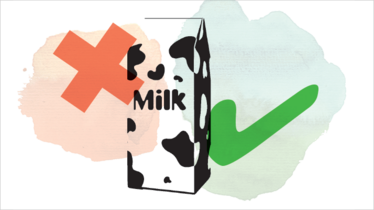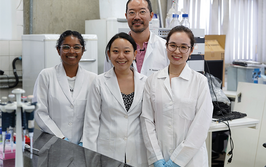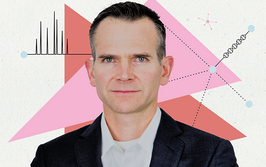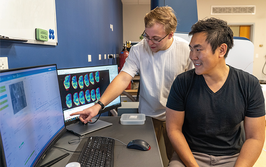Monitoring Food Risks
A global, online risk-assessment tool offers a more intelligent way to protect against emerging food fraud and contamination – and provides a potential blueprint for other sectors

HorizonScan, a joint venture between a UK government group and industry, sources global recall, alert and food safety information on a daily basis, and categorizes it. “In managing food safety risks, the old adage of ‘knowledge is power’ is most certainly true”, says Miles Thomas, Head of Knowledge Management at the Food and Environment Research Agency (Fera), which spearheads the project. The database is searchable by commodity, exporting country, issue, and, most importantly, risk.
The Analytical Scientist spoke with Deborah Jones, Fera Commercial Projects Manager, about the online tool.
Who?
“Fera spearheaded development, in partnership with Leatherhead Food Research, who provided additional development and commercialization of the tool.”
Why?
“After the Sudan I illegal food dye issue, Fera wanted to develop a system that would provide early warnings. Customer feedback indicated that others would also be interested in such a system.”
How?
“If you know what is currently being found in a commodity at a global level, it should give a better indication of what to look for at an individual country (or commodity) level. It also highlights the need to be aware that similar issues may occur in related commodities, for example, lychees and rambutans, or in the same commodity from a range of countries. Along with the current view, historical data enables you to understand if a particular issue – and therefore its risk – is increasing or decreasing.”
Where?
“All reported contaminant issues are sourced from government bodies around the world – though they have no direct involvement in the project. The system is available worldwide and the global nature of the data makes it relevant for all.”
Given the potential impact of HorizonScan’s risk-based approach to global food safety, it may be time to consider similar models to get ahead of the game in environmental monitoring, illegal drug activity, or even anti-doping trends.
Risk assessment or better analysis? Let us know in the comments below:

Rich Whitworth completed his studies in medical biochemistry at the University of Leicester, UK, in 1998. To cut a long story short, he escaped to Tokyo to spend five years working for the largest English language publisher in Japan. "Carving out a career in the megalopolis that is Tokyo changed my outlook forever. When seeing life through such a kaleidoscopic lens, it's hard not to get truly caught up in the moment." On returning to the UK, after a few false starts with grey, corporate publishers, Rich was snapped up by Texere Publishing, where he spearheaded the editorial development of The Analytical Scientist. "I feel honored to be part of the close-knit team that forged The Analytical Scientist – we've created a very fresh and forward-thinking publication." Rich is now also Content Director of Texere Publishing, the company behind The Analytical Scientist.

















